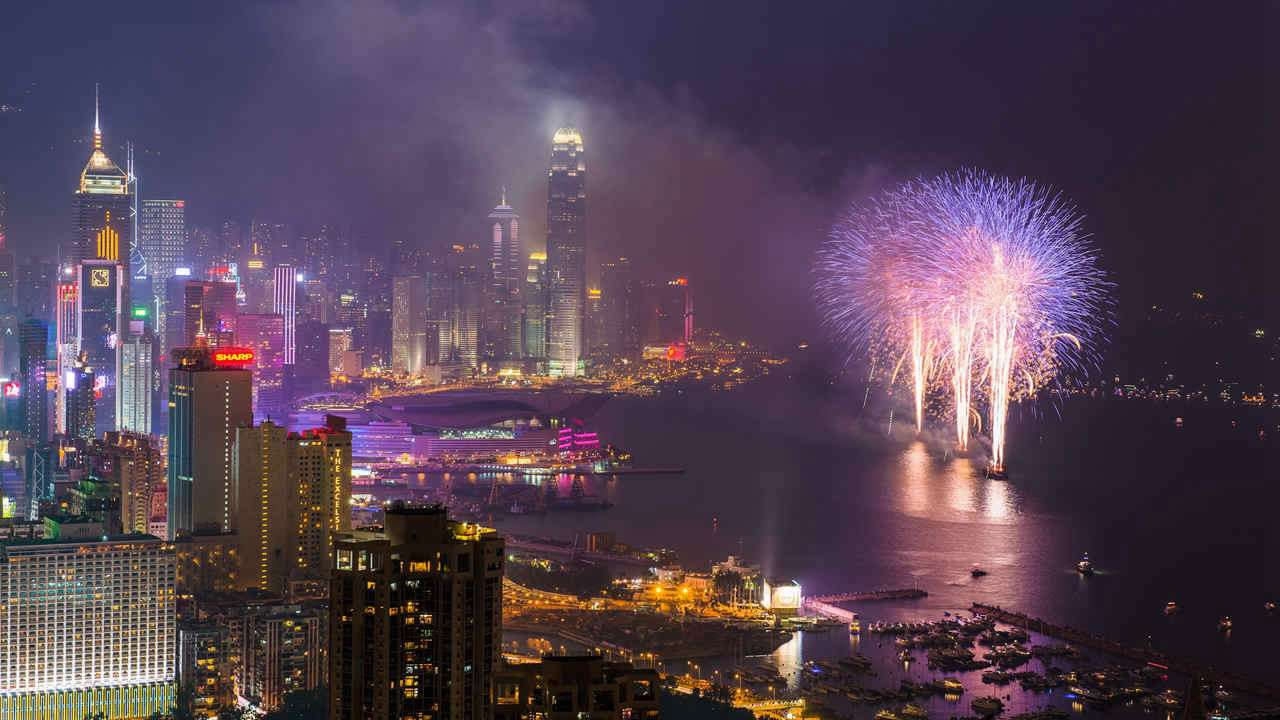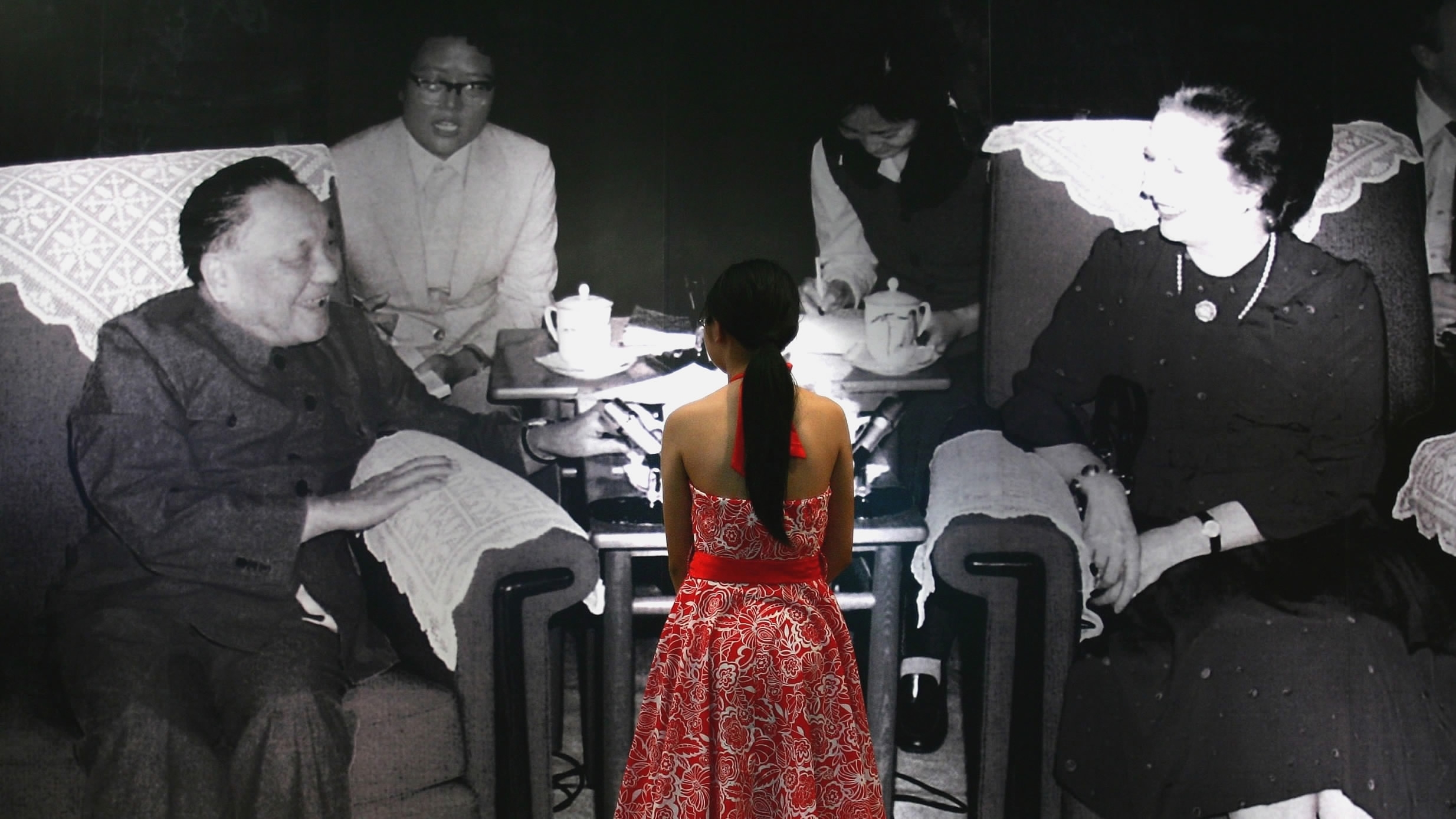
Opinions
14:20, 26-Dec-2017
Year-end Review: Let the truth speak for itself
Guest commentary by Mervyn Cheung Man-ping

Catalonia's recent futile attempt at declaring independence from Spain might have unnecessarily excited the localist groups in Hong Kong since they have erroneously believed that a successful separatist movement in the Western world would legitimate their misguided ideas and acts regarding the creation of a so-called “independent” Hong Kong. Their hopes have quickly been shattered following the deposing of the independent Catalan government on October 27 and the self-imposed exile of its leader to Belgium.
Not only that, as a result of the declaration of independence by the Catalan parliament on Oct. 1, a total of 3,000 companies have been swift to relocate from this northeast region of Spain. This heavy economic setback has not yet included the refusal by the European Union to recognize this new “republic.”
The Catalan political catastrophe has given the unmistaken indication that these kinds of Western ideas on political democracy could find little across-the-board applicability even in Western countries, let alone using them to understand China and the Special Administrative Region (SAR) of Hong Kong.

Residential and commercial buildings stand illuminated at night in Hong Kong, China. /VCG Photo
Residential and commercial buildings stand illuminated at night in Hong Kong, China. /VCG Photo
Hong Kong has undergone colonial rule for over a century since the conclusion of the Treaty of Nanking in 1842 when the territory of Hong Kong was ceded to Britain at gun point.
The political and administrative systems were set up and run based principally on Western ideas and practices, modified by the Chinese customs and traditions only when there were compelling circumstances to do so. One example of the latter was the administration of the New Territories which was then fundamentally constituted by around 600 villages inhabited primarily by indigenous people. Those in their middle ages and beyond will easily remember how little democracy they could enjoy prior to the late 1990s when Britain had no choice but to prepare for the return of Hong Kong’s sovereignty to China.

A Chinese girl stands in front of the historical photo of a meeting between Deng Xiaoping and Margaret Thatcher in Beijing. /VCG Photo
A Chinese girl stands in front of the historical photo of a meeting between Deng Xiaoping and Margaret Thatcher in Beijing. /VCG Photo
Thanks to the ingenious thought of the great, late leader Deng Xiaoping, often complimented by the advanced nations as the influential “Strong Man” of China, an innovative “One Country, Two Systems” was instituted to solve the built-in problem of having to maintain Hong Kong’s capitalist system while allowing our motherland to resume sovereignty over the entire territory.
Achievements are aplenty on various fronts of Hong Kong over the past twenty years since its reunification with China, which have borne solid evidence to the successful design and implementation of the “One Country, Two Systems.”
Despite our growing GDP and the rising standard of living in housing, education, as well as social and medical services, there have been unceasing foul cries from especially the United States, such as its legislature, over the alleged suspicion of the China’s sincerity in enforcing the new system of “One Country, Two Systems,” an unjustified claim which has been vigorously refuted by the governments of China and its Hong Kong SAR.
There is no doubt whatsoever that blind adherence to the Western ideas of democracy has sadly resulted in the 79 days of “Occupy Movement” in Hong Kong in 2014 which engendered great losses in business and public services, as well as considerable disruptions to people’s peaceful daily lives. Still worse, some young people who chose to defy the law during the period have been jailed after fair and open trials by the court.
The valid questions thus remain: if only Western political ideas work and China’s do not, why has China been able to become rich and to aspire to become strong and influential in the world politics and economy in the foreseeable future? And why is Hong Kong able to continue to be stable and prosperous under the “One Country, Two Systems?” Why then has the US depicted openly that China is her “strategic competitor?” The US can simply ignore China if only her ideas and systems work!
(The author is the Chairman of Hong Kong Education Policy Concern Organization and a member of Chinese Association of Hong Kong and Macau Studies. The article reflects the author’s opinion, not necessarily the views of CGTN.)

SITEMAP
Copyright © 2018 CGTN. Beijing ICP prepared NO.16065310-3
Copyright © 2018 CGTN. Beijing ICP prepared NO.16065310-3